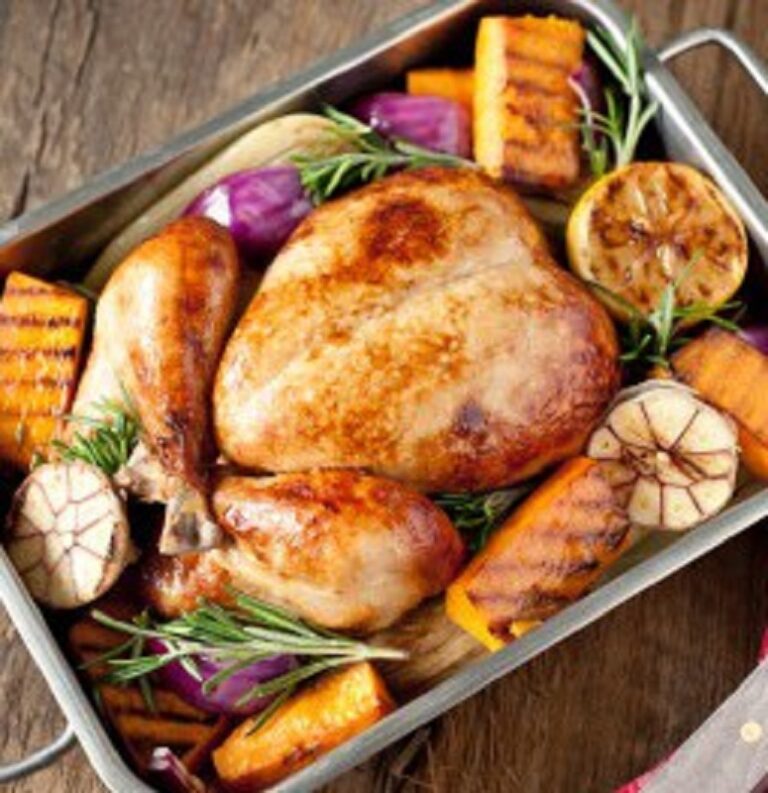The frozen food category is now worth more than £6 billion annually (Kantar Worldpanel, 52 w/e October 2017), increasing by an impressive £300 million compared to last year.
According to AHDB analysis, some in the industry believe that growth has been driven by frozen food no longer being seen as a poor-quality alternative to chilled or fresh. While ‘premiumisation’ has added value to the frozen food category (read more here) the industry has also been boosted by fitting in with some current consumer trends.
Nonetheless, the frozen meat sector has so far been unable to capitalise on these positive developments. By focusing on the relevant consumer trends, will it be possible for the red meat industry to find a way of positioning products to be attractive in the expanding frozen food market?

Over the past 30 years, one of the most influential lifestyle changes in the UK has been more time spent commuting and working. This feels like an important contributor to the general perception of ‘time poorness’ among an increasing number of Brits. A clear desire is emerging, when work is finished, to do fewer chores and more activities involving keeping fit, hobbies, socialising and having fun. Frozen food helps people reclaim some time: for many, food has to be quick to prepare, easy to put together and convenient. IGD research shows that more than half of shoppers for frozen vegetables, meat and ready meals are doing so because it saves time.
In addition, research by YouGov and Mintel has shown a large majority of British people are committed to eating their version of healthy meals. Within this, a growing number of consumers see a healthy diet as being natural and less processed, with fewer additives. Across food sectors, the only way in which the majority of frozen products have been processed is by freezing – no other preservatives used. Sensitive vitamins and nutrients, often lost during transportation, are also retained when the food is frozen. As such, frozen food can benefit from the growing interest in food composition and the farm-to-fork journey.
Big retailers are also getting on board to help address food wastage, with 4.4m tonnes of avoidable food waste thrown away in 2015 (WRAP). The frozen food industry is well placed to benefit. Using frozen products reduces waste because they are easily split into portions and only what is needed for the meal occasion is used.


